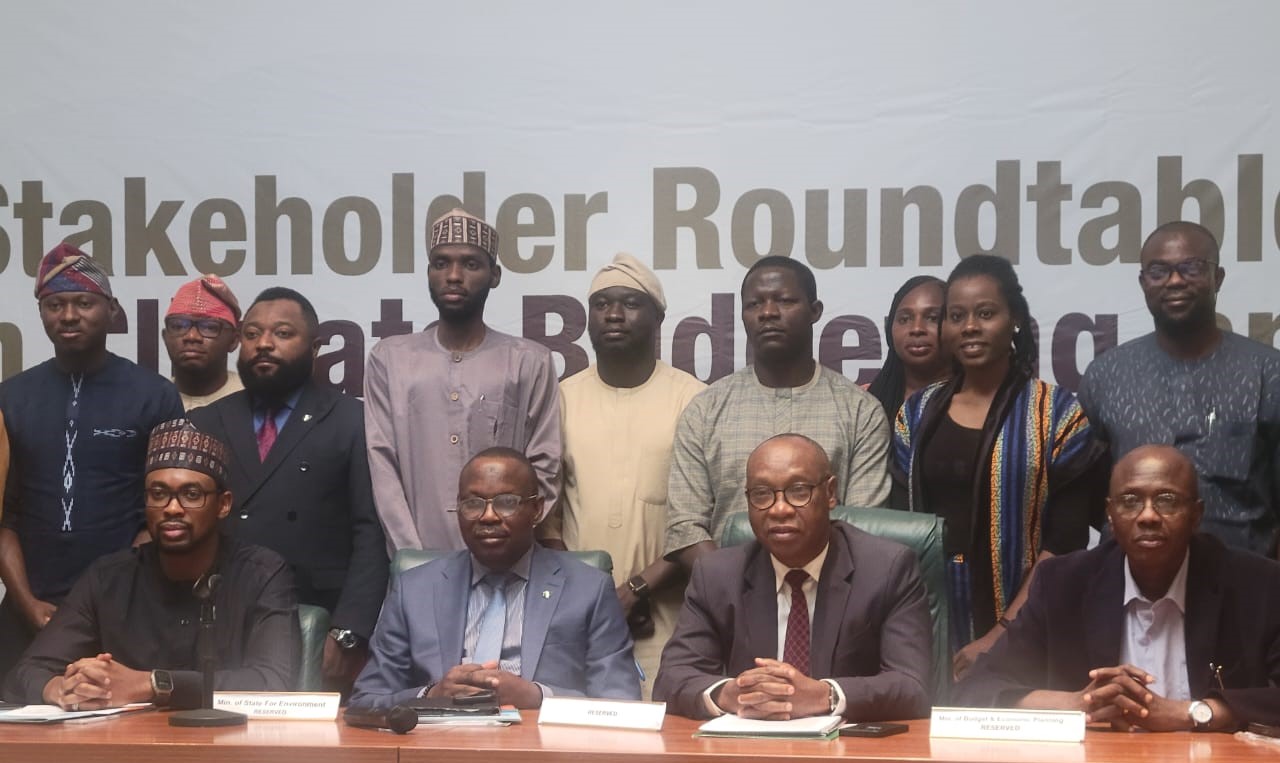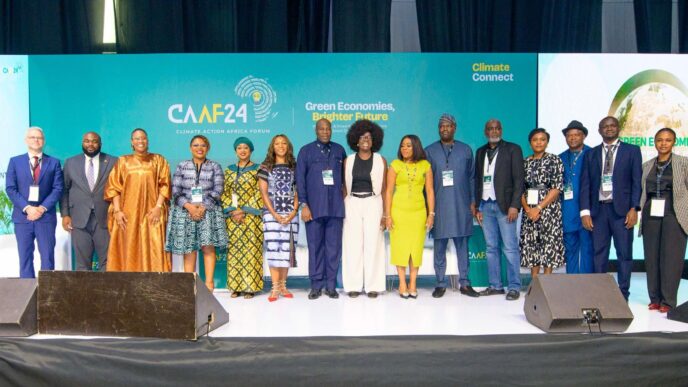BudgIT, a civic-tech non-profit organisation, says the federal government needs to prioritise strict coordination and implementation of climate change projects.
Gabriel Okeowo, BudgIT’s country director, spoke in Abuja on Wednesday at a stakeholder roundtable on climate budgeting and green accountability.
Okeowo noted that the implementation of climate change projects will help promote data generation, monitoring and evaluation, maintenance, and tracking of commitment progress.
Okeowo said this is the right time for Nigeria to improve its preparedness, especially in budgeting and implementation of projects, as many things around the planet are changing.
Advertisement
“Whether we are hungry or we have food, whether we have money or not, the effect of climate change is eating on us. When we see erosion, when we see flooding, and the rate at which it comes sometimes, these are climate change issues right at our door,” he said.
“I know that Nigeria has prioritised climate change issues, but our interests are in how much and how well Nigeria is investing in climate action.
“Community ownership of projects could contribute to their sustainability. More efforts should be put into the types of solar projects to be implemented to increase effectiveness.
Advertisement
“Standardisation and quality assurance of renewable energy technology in the country are critical to ensuring that equipment is long-lasting.
“The governance structures in many communities cannot be overlooked in the efforts to promote sustainable deployment of renewable energy.
“Additional attention should be given to climate education and skill development. Some projects are ambiguous in scope and hence seem to overlap with other projects.”
On his part, Iziaq Salako, minister of state for environment, said climate budgeting is a fundamental tool in combating climate change.
Advertisement
The minister said the federal government has integrated climate considerations into budgeting processes.
“This approach not only enhances the effectiveness of our climate policies but also promotes transparency and accountability in the use of public funds,” Salako said.
“We have instituted the Green Bond Program, through which Nigeria has pioneered the issuance of sovereign green bonds in Africa to finance projects that reduce greenhouse gas emissions and promote sustainable development.”
The minister said there is a need to strengthen and enhance policies that are inclusive and equitable, adding that the voices of the vulnerable communities are heard and their needs addressed.
Advertisement
He also urged that communities and institutions be equipped to adapt to and mitigate climate change, thereby attracting investment and partnerships.
Speaking on the energy transition, Ogbonnaya Orji, executive secretary of the Nigeria Extractive Industries Transparency Initiative (NEITI), expressed optimism that gas will play an important role in the energy transition discussion.
Advertisement
“In the energy transition and emission control, new technologies would be needed, human capital would be required, roles and responsibilities would be redefined, and costs in human and material resources would be involved,” Orji said.
Orji also said Nigeria is taking the right steps in tackling climate change issues and called for more collaboration at all levels.
Advertisement
Add a comment






